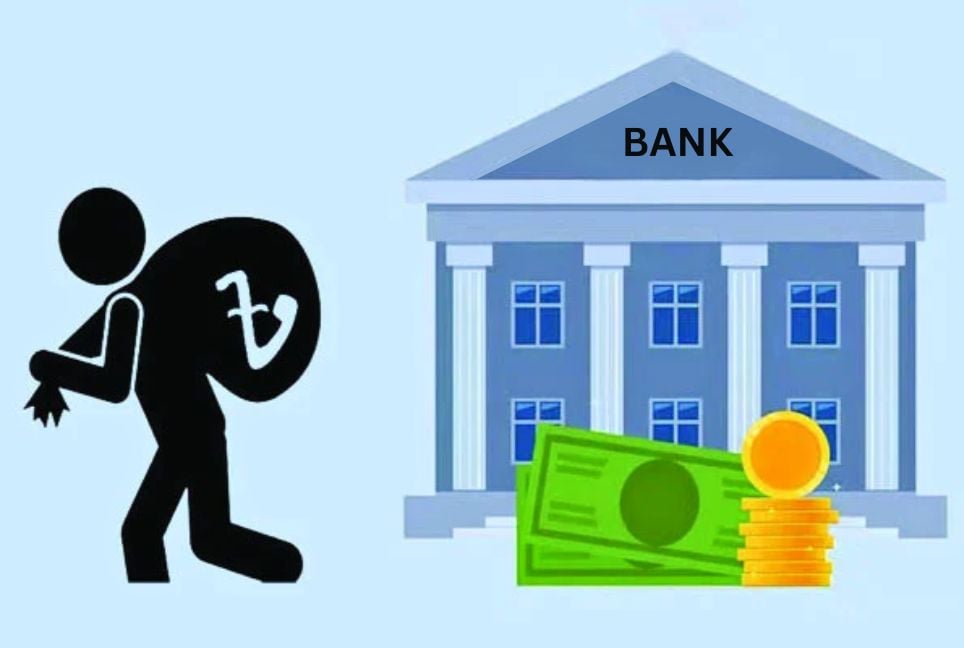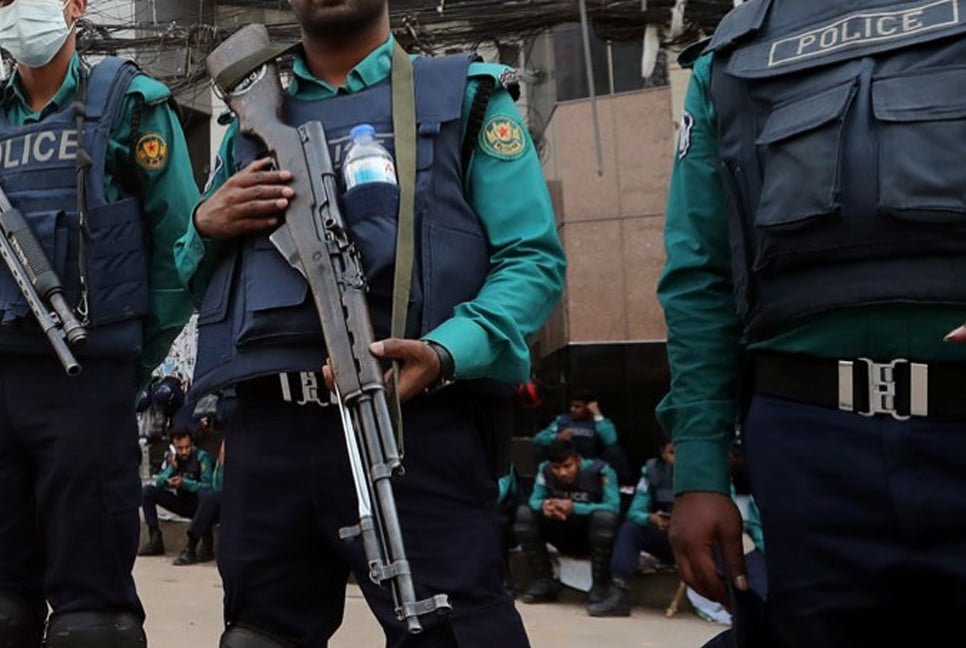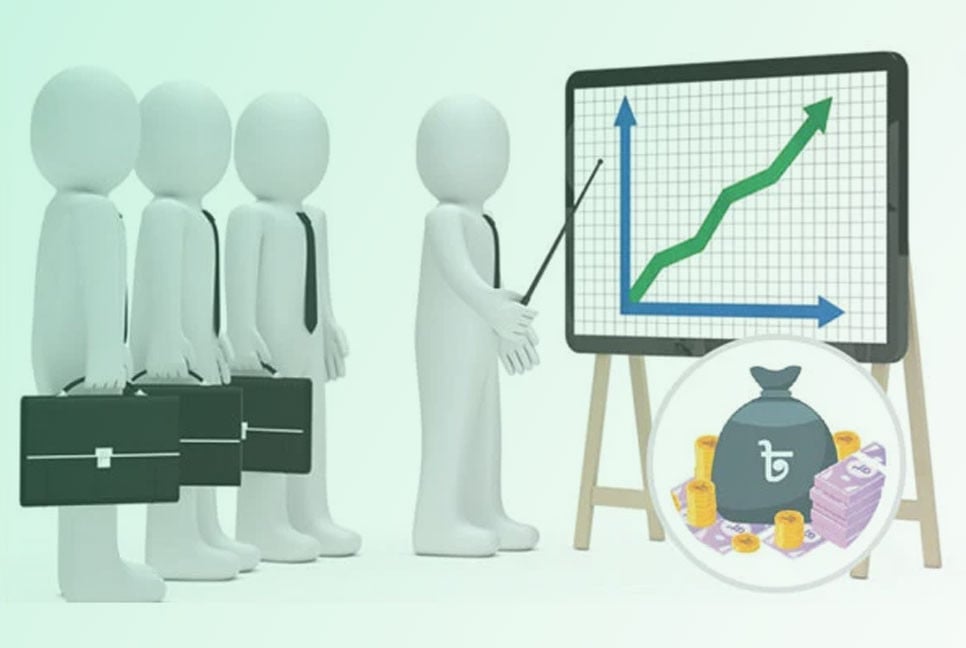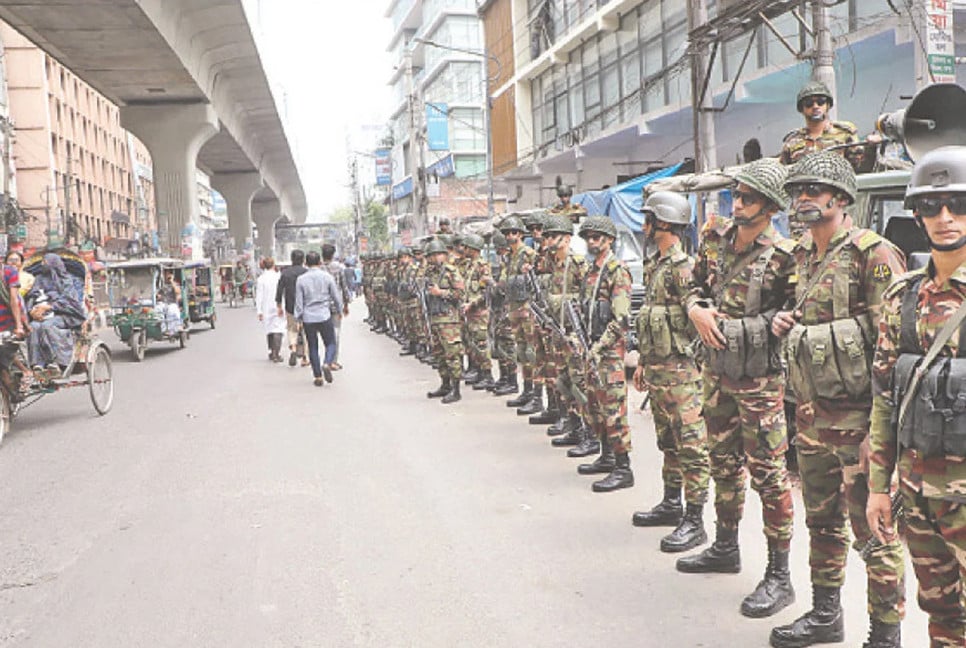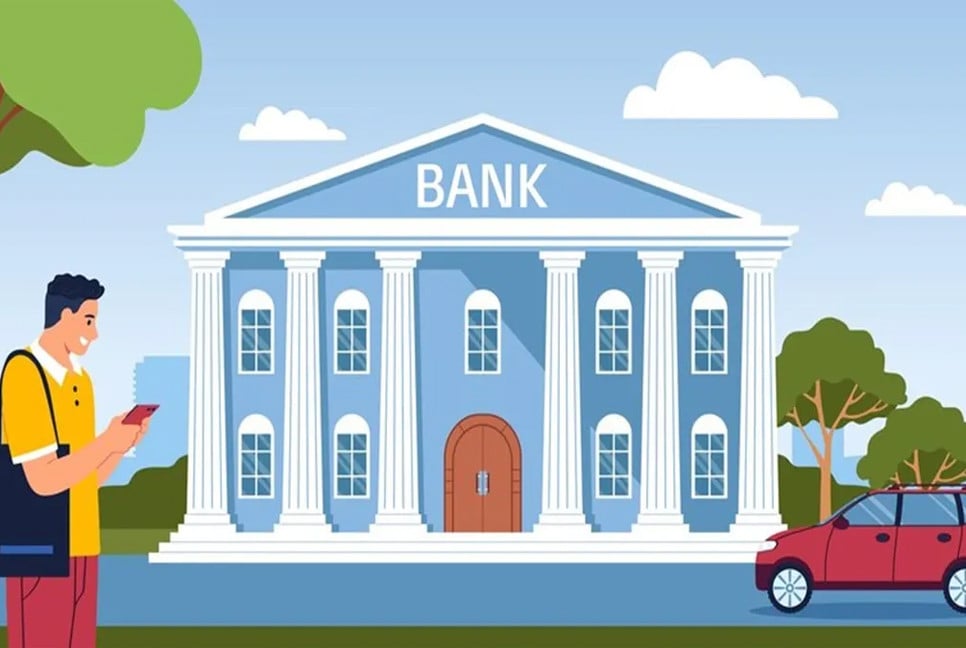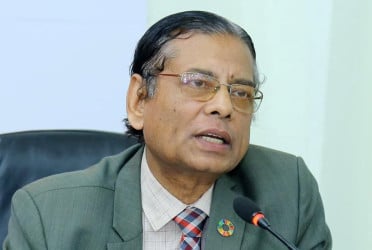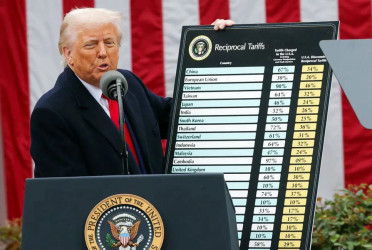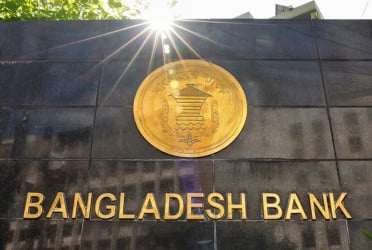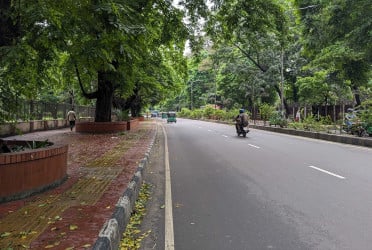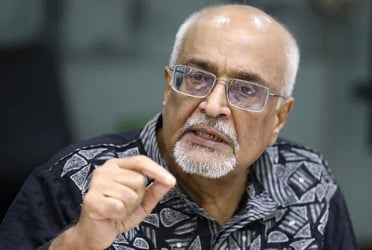Bangladesh’s defaulted loans are expected to exceed Tk 5 lakh crore, surpassing 30 per cent of total disbursed loans, if new regulations take effect in March. Businesspeople are urging the authorities to defer the implementation of the new default regulations by at least a year.
According to the Bangladesh Bank's directive, starting next month, failure to pay even a single instalment will classify a loan as defaulted. If enforced immediately, a significant number of businesses across the country will be at risk of default, which will ultimately force factories to close.
Under the previous Awami League government, loans were classified as substandard if payments were overdue for six to nine months and as bad loans after nine months. However, the interim government revised the policy after assuming power.
Following recommendations from the International Monetary Fund (IMF), the loan repayment period has been shortened to 90 days. Starting in March, any missed instalment will result in immediate loan default status.
Expressing concern over the changes, former director of the Bangladesh Garment Manufacturers and Exporters Association (BGMEA), Mohiuddin Rubel, told Bangladesh Pratidin, "The current six-month timeframe for classifying loans as defaulted is already challenging. Reducing it further is unacceptable. Many are already defaulting as they are unable to sustain operations."
Mohammad Hatem, president of the Bangladesh Knitwear Manufacturers and Exporters Association (BKMEA), criticised the policy, stating, "Any borrower can miss an instalment at any given time. Implementing one of the world's strictest policies when businesses are struggling for survival is unrealistic. This will strangle businesses."
In 2009, the volume of defaulted loans in the banking sector stood at Tk 22,481 crore. After the fall of the Awami League government, this amount surged to Tk 2,11,391 crore. As of September last year, following the interim government's assumption of power on August 8, the figure had escalated to Tk 2,84,977 crore, which was approximately 18 per cent of total disbursed loans.
Banking experts believe that the actual figure is even higher, as many defaulted loans are excluded from the central bank’s calculations due to court orders and regulatory adjustments.
Businesspeople fear that implementing the new regulation will further intensify the volume of defaulted loans. Consequently, they have requested a one-year delay in the implementation of the policy.
Rubel stressed that if the new regulation is imposed; most factories will shut down, posing a serious threat to our export sector. “A swift solution is necessary," he remarked.
Similarly, Hatem stated, "We have urged the Bangladesh Bank governor to maintain the existing default policy for at least another year. The new policy can be enforced once businesses and the economy regain stability.”
“It is now up to Bangladesh Bank to decide," he added.
According to Bangladesh Bank data, total loans disbursed by the country’s banks stand at Tk 16,82,822 crores. The central bank estimates that with the new policy, defaulted loans could surpass Tk 5,04,847 crore, which is 30 per cent of total loans. This would potentially destabilise the financial sector.
Translated & edited by Fariha Nowshin Chinika

